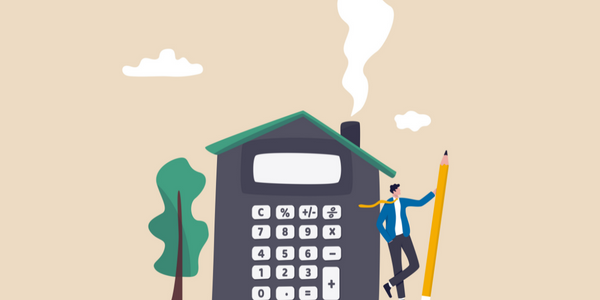
Getting your ducks in a row when applying for a mortgage can seem daunting, but it doesn’t have to be! Lenders, underwriters and APM are here to help you determine what type of loan, including size, duration and other terms, are right for you.
No one wants to see you get into a situation where a monthly mortgage payment is overwhelming or your home becomes a burden when it is supposed to be a symbol of financial freedom. For these reasons, lenders require documentation that pertains to income, credit history, rental history, and any current or foreseeable debts.
So, let’s get started. Here are the most common documents required for a home loan.
Tax Returns
Lenders will want to review your tax returns for the past two or three years. You’ll typically submit one copy yourself, along with a signed 4506-T form that gives your lender permission to obtain your tax returns directly from the IRS for verification purposes.
Pay Stubs, W-2s and Other Proof of Income
Tax returns are a great way to verify past income, but lenders will need to get a sense of your current earnings as well, which is why pay stubs and W-2s are some of the documents required for a home loan. Don’t have a W-2 or pay stub? No problem. Direct deposit statements, 1099 forms and profit-and-loss statements may also be required if you’re self-employed, own a business, or earn your living as a freelancer or independent contractor.
Bank Statements and Other Assets
Many mortgage lenders will require two to three months of bank statements when you’re applying for a home loan. This gives them a better sense of your consistent deposits and withdrawals. The same applies for retirement and investment accounts, including stock investments, 401(k)s and certificates of deposit (CDs).
Credit History
No surprises here. In assessing your financial situation, lenders will want your verbal or written permission to pull your credit report. The good news is you don’t have to supply this documentation for a home loan yourself. You should, however, be prepared to provide a short statement addressing any blemishes on your credit report, such as previous short sales or foreclosures.
Real Estate Debt
Current homeowners will need to provide your most recent mortgage statement that displays the loan balance, monthly mortgage payment and lender. You’ll also need to include the declaration page of your insurance policy.
Renting History
If you don’t already own a home, lenders will want to get a sense of your rental history. The documentation required for this may vary, but it typically involves a year’s worth of rental payment verification through bank statements or documentation from your landlord that states you have paid your rent on time. Renting history is particularly important if you don’t have a long credit history.
Divorce, Alimony or Child Support Records
If this applies to you, it’s always a good idea to have these documents at the ready if you’re applying for a home loan. This is especially important if you pay or receive child support and/or alimony. Divorce decrees and court orders should suffice.
Gift Letter
It’s fabulous if you have a friend or family member who is helping you with a down payment on your new home…but they’ll need to verify that these funds are, in fact, a gift and not a loan. This requires written confirmation from the generous party that this money is given free and clear and is not a debt. Documentation will include the amount of the gift and the relationship of the gift-giver to you.
Buying a home is an exciting time. There’s no need for the documents required for a home loan to weigh you down! The majority of these documents are easy to access and relatively hassle-free to provide to your lender. Getting started early in the process is also an easy way to eliminate some stress.
Now that you know which documents will likely be required for a home loan, you can begin gathering them now in anticipation of securing the home of your dreams!








